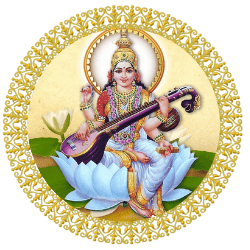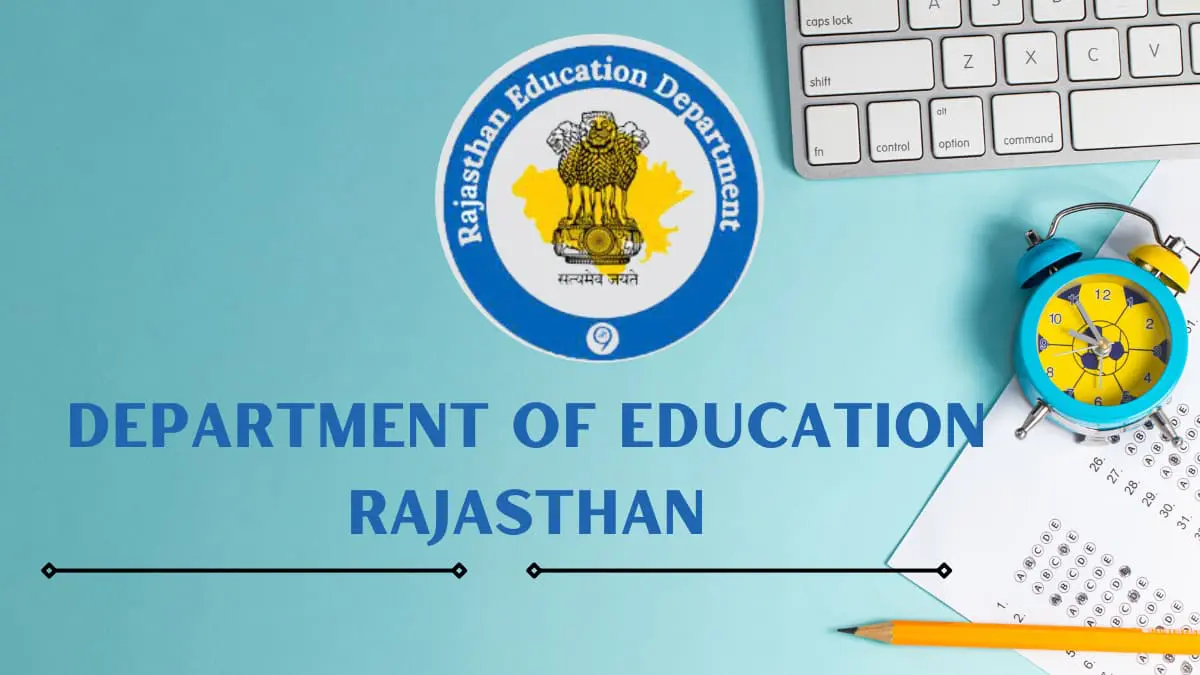
Unveiling the Power Play: An Introduction to Political Science

Unveiling the Power Play: An Introduction to Political Science
Have you ever wondered why some voices carry more weight than others? How decisions that impact millions are made? Or why national flags flutter with such fierce pride? The answers lie in the intricate tapestry of political science, a realm where power, ideas, and people intertwine to shape the course of societies. Embark with us on a journey through this fascinating subject, and unveil the hidden mechanisms that govern our world.
The Stage is Set: Defining Politics
Imagine a grand chessboard where individuals, groups, and even nations vie for influence. This dynamic interplay, woven with threads of power and authority, forms the essence of politics. It governs “who gets what, when, where, how, and why,” shaping the distribution of resources, opportunities, and even our very identities. At its core lies the concept of the state, a sovereign entity wielding authority over a defined territory and its inhabitants. But who wields this power? The answer lies in the diverse cast of characters gracing the political stage: elected officials, powerful bureaucrats, influential interest groups, and, of course, the ever-present citizenry.
A Symphony of Thought: Understanding Political Ideologies
Like grand operas, political systems dance to the tune of different ideologies. From the utopian visions of Plato’s ideal state, where philosopher-kings guide society, to the pragmatic power politics espoused by Machiavelli, political thought has long served as a compass for navigating the complexities of governance. Aristotle’s emphasis on active citizenship and Montesquieu’s call for separation of powers laid the groundwork for modern democracies. But the stage evolves, and contemporary debates now grapple with the clash of titans like liberalism’s championing of individual rights and socialism’s pursuit of economic equality. The specter of authoritarianism, embodied in ideologies like fascism, serves as a stark reminder of the fragility of freedom.
The Machinery of Governance: Unveiling Institutions
The grand theater of politics wouldn’t be complete without its intricate stagecraft. This is where we encounter the diverse institutions of government, each playing a vital role in the grand play. Monarchs, republics, democracies, and dictatorships – the very form of government shapes the power dynamics within a state. The legislative, executive, and judiciary branches orchestrate the flow of laws, their implementation, and the interpretation of justice. But governance isn’t confined to national borders. Local, state, and international levels form a complex web of interconnected systems, each with its own sphere of influence. And how do we choose our leaders? Electoral systems, from the simple majority rule to the intricate proportional representation, offer diverse pathways to power. Yet, the machinery isn’t infallible. Corruption, bureaucratic inertia, and the ever-present challenge of accountability cast long shadows on the stage of governance.
Citizenry in the Spotlight: Participation and Processes
No grand play is complete without an engaged audience. In the theater of politics, the citizenry holds the center stage. Active participation, fueled by a keen understanding of one’s rights and responsibilities, is the lifeblood of any healthy democracy. Voting, activism, and engagement with civil society are the tools through which citizens shape the course of their nations. Political parties and interest groups act as amplifiers, channeling diverse voices and concerns to the corridors of power. But the flow of information, the lifeblood of informed participation, faces its own challenges. The media, while playing a crucial role in keeping the public informed, can also be a breeding ground for bias and misinformation. Apathy, inequality, and the rising tide of “fake news” pose formidable challenges to meaningful citizen engagement.
India’s Center Stage: A Democratic Tapestry
Let us now turn the spotlight to a vibrant democracy, India. Its constitutional framework, meticulously crafted after decades of struggle, enshrines fundamental rights and lays the foundation for a just and equitable society. The Parliamentary democracy, with its intricate dance between the legislature and the executive, forms the core of India’s political system. Federalism, the delicate balance between the central government and the states, ensures regional autonomy while preserving national unity. The judiciary, the guardian of the Constitution, stands as the ultimate arbiter of justice. Yet, India’s democratic journey is far from over. Poverty, corruption, and the specter of communalism continue to cast long shadows.
The Curtain Rises: A Call to Action
As we conclude our exploration of the fascinating world of political science, a profound realization dawns. This isn’t merely a subject confined to textbooks; it’s the very air we breathe, the invisible hand shaping our lives and destinies. By understanding the intricate mechanisms of power, the clash of ideologies, and the crucial role of citizen participation, we equip